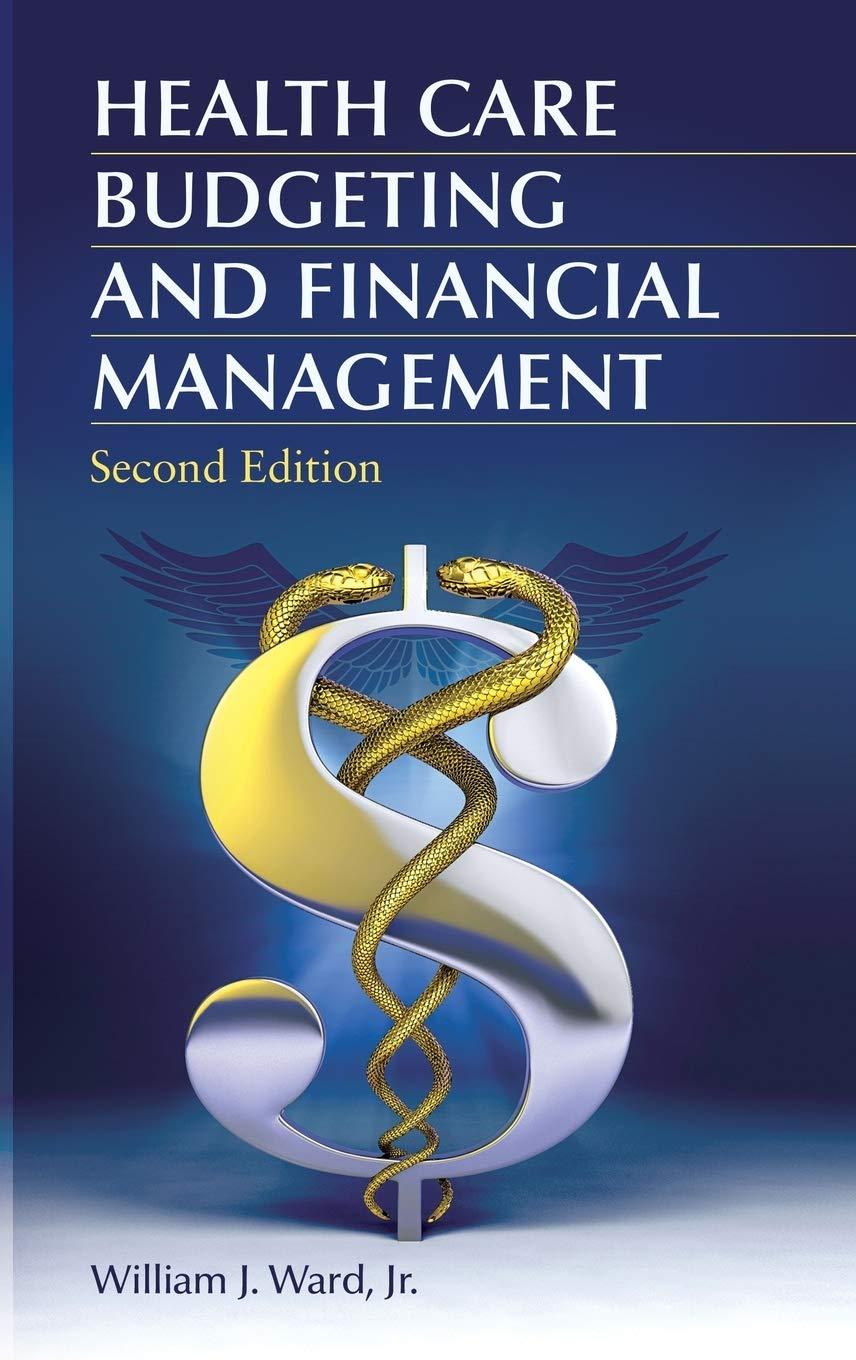Question
You are the founder of a start-up. You incorporated a C corporation and currently own 1,000,000 shares as the founder. You raised $500,000 from friends
You are the founder of a start-up. You incorporated a C corporation and currently own 1,000,000 shares as the founder. You raised $500,000 from friends and family using a convertible note, which will convert into equity if and when there is a valuation event, that is if and when your start-up manages to attract funds from a venture capital fund (at which point a valuation will be assigned to the company). The note provides that when the principal of the note ($500,000) converts into equity, the conversion will be done on the basis of a company valuation that may not exceed a total of $5 million (this is a valuation cap clause, meaning, friends and family get shares on the basis of the same valuation as the fund unless it is in excess of $5 million, in which case friends and family get shares on the basis of a $5 million valuation).
Your start-up is doing well. You are finally generating revenue and pitching to potential investors, including a VC fund VC. At this point you need VC to invest $10 million in your company in order to grow if you secure this investment, you do not expect the company to produce any earnings for five years (though the company generates revenue, it still has negative earnings), but at the end of year 5 you anticipate to turn profitable and generate net income of about $16 million. VC knows that a firm comparable to yours with current earnings of $10 million was just sold for $100 million.
1. How would VC estimate the present value of your venture if it wants a 40 percent annual rate of return on the investment?
2. Assuming that VC is investing on the basis of this valuation, what percentage of the company would be owned by, respectively (i) friends and family (converting the $500,000 note into shares) and (ii) VC?
3. How much of the company percentage wise would you retain as the founder?
4. How many shares would be issued to friends and family and to VC? What share price would each be paying?
5. VC is concerned that you may need more than $10 million to get to the result where the company is generating net income of $16 million at the end of year 5. They introduce language in the investment agreement to be protected against any potential dilution of their interest in the event of subsequent funding rounds. If another funding round is needed at the end of year 3, in the amount of $12 million, what ownership percentage would the new investor insist upon if they wanted to get a 20% annual rate of return on their investment? How many new shares would need to be issued to this new investor? How many additional new shares would need to be issued to VC (to protect VC against dilution)? [hint: you need to first figure out total shares outstanding -- assume the dilution is shared with friends and family, meaning they just keep the shares they had]
6. Assuming that such additional funding round is indeed needed what would happen to your ownership percentage, as the founder? How would this impact how much money you would make if the company were to eventually be sold for $200 million at the end of year 5?
Step by Step Solution
There are 3 Steps involved in it
Step: 1

Get Instant Access to Expert-Tailored Solutions
See step-by-step solutions with expert insights and AI powered tools for academic success
Step: 2

Step: 3

Ace Your Homework with AI
Get the answers you need in no time with our AI-driven, step-by-step assistance
Get Started


